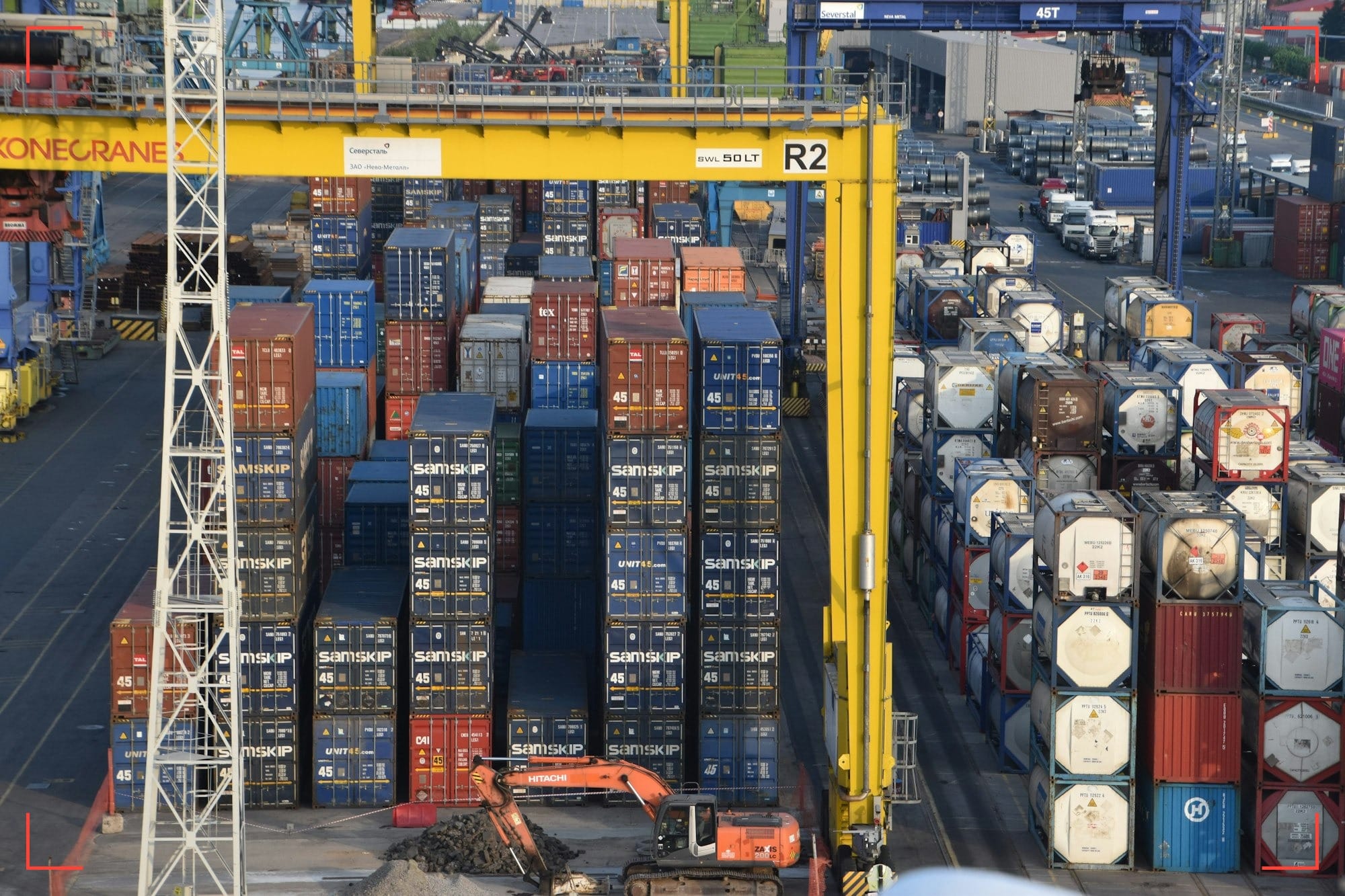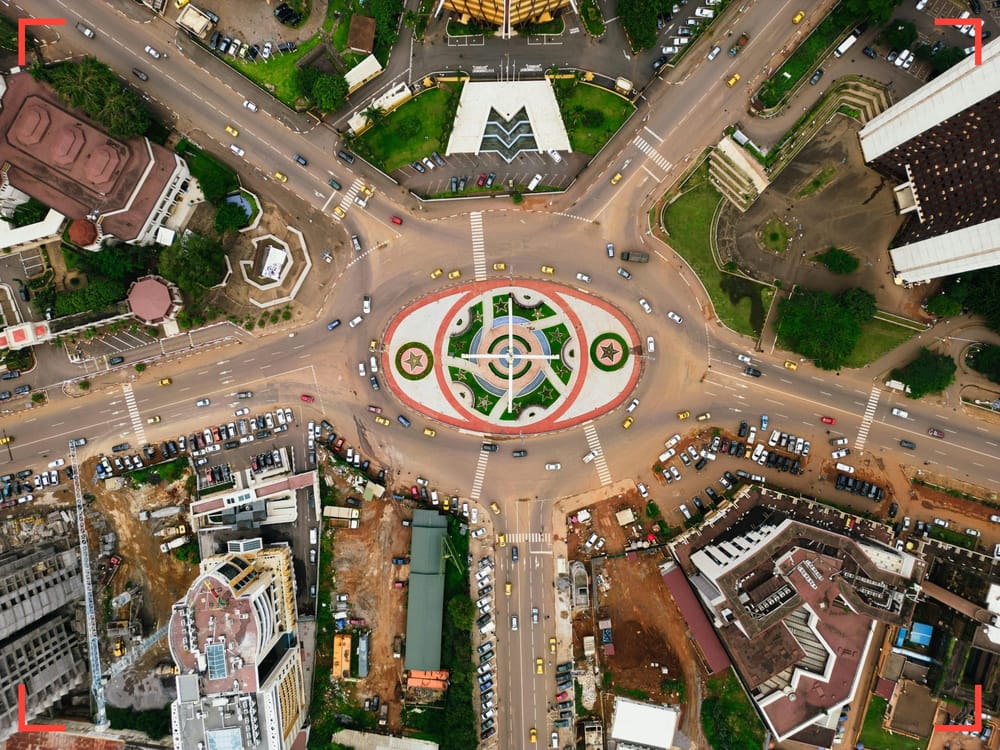
Report Details
Initial Publish Date
Last Updated: 01 AUG 2025
Report Focus Location: Brazil
Authors: DA
Contributors: GSAT
GSAT Lead: MF
RileySENTINEL provides timely intelligence and in-depth analysis for complex environments. Our global team blends international reach with local expertise, offering unique insights to navigate challenging operations. For custom insights or urgent consultations, contact us here.
Key Findings
- The U.S. imposed a 50% tariff on Brazilian imports starting August 6, 2025, citing judicial actions against Jair Bolsonaro as justification.
- Brazilian Supreme Court Justice Alexandre de Moraes, who leads probes into Bolsonaro, has been sanctioned by the U.S. alongside several judges.
- Key sectors—especially coffee and beef—are heavily affected by the tariffs, while others like oil, orange juice, and aviation remain exempt due to U.S. lobbying.
- The tariffs have triggered immediate supply chain disruptions, with coffee shipments rerouted mid-transit and Brazilian producers seeking new markets.
- President Lula condemned the move as “unacceptable blackmail,” and public support for his administration has surged amid perceived foreign interference.
- Bolsonaro’s political network, particularly his son Eduardo, has been instrumental in lobbying the U.S. to intervene in Brazil’s judicial process.
- Brazil’s diversified trade—especially with China, the EU, and BRICS—reduces its long-term vulnerability to U.S. economic pressure.
- U.S.–Brazil diplomatic norms have shifted, with coercive measures replacing traditional dialogue, raising concerns over sovereignty and judicial independence.
- The standoff risks politicizing U.S. commercial ties in Latin America, setting a precedent for trade weaponization over domestic legal matters.
- NGOs and international businesses face elevated operational risks, including reputational exposure, regulatory scrutiny, and supply disruptions.
Summary
Tensions between the United States and Brazil have intensified following the Trump administration’s decision to impose 50% tariffs on Brazilian imports, citing judicial actions against former President Jair Bolsonaro as a threat to U.S. national security and free speech. This unprecedented escalation—framed by Washington as a defense of democratic values—marks a sharp deterioration in relations between the two hemispheric powers. At the heart of the dispute lies Brazilian Supreme Court Justice Alexandre de Moraes, who is leading investigations into Bolsonaro’s alleged coup attempt after the 2022 election. The U.S. response includes sanctions on Brazilian judges and visa revocations, provoking political backlash and economic disruption. Key Brazilian exports such as beef and coffee are directly impacted, while sectors like aviation and energy remain exempt.
The report explores the domestic and geopolitical roots of the crisis, its operational risks for NGOs and private sector actors, and potential future developments—including trade realignments, institutional resilience, and strategic recalibration. With Brazil rallying behind President Lula and seeking new partnerships, this episode signals a growing fragmentation of traditional alliances and underscores the risks of politicized economic tools in international diplomacy.
Remaining content is for members only.
Please become a free member to unlock this article and more content.
Subscribe Now





